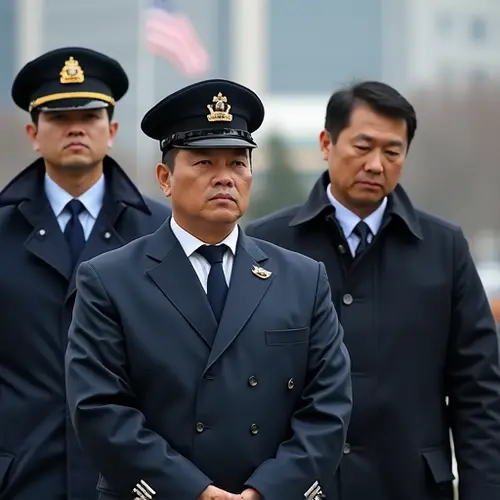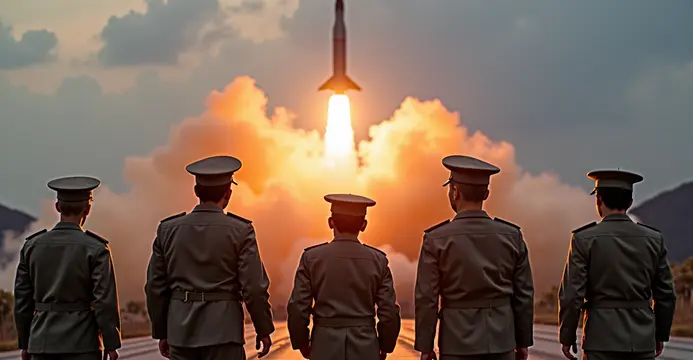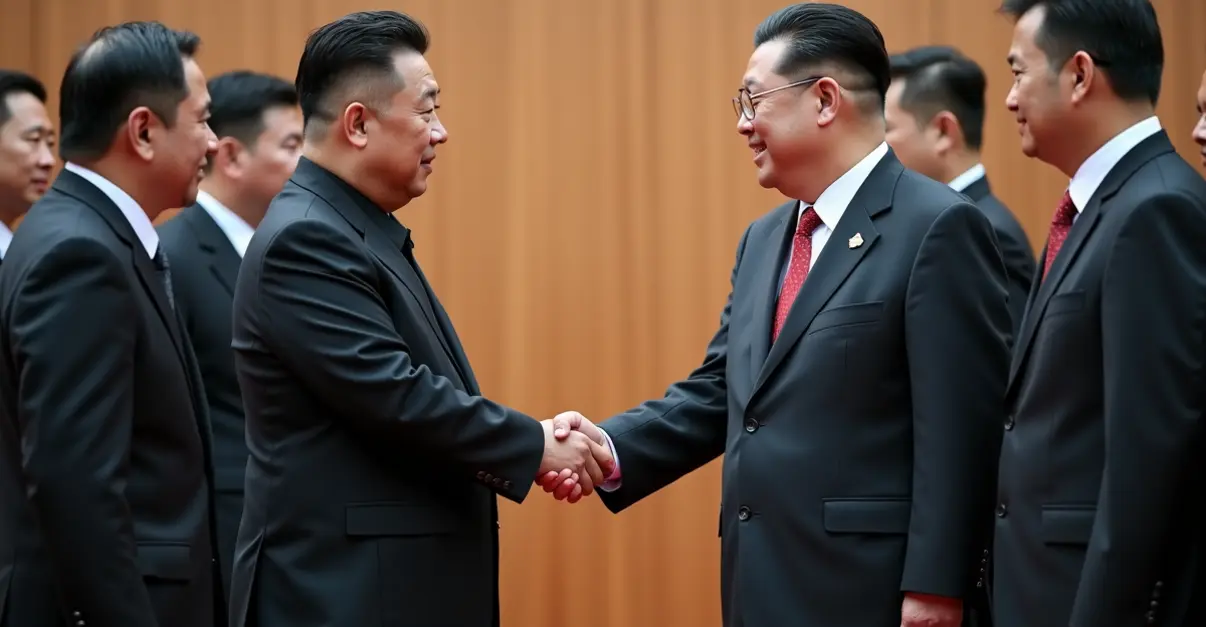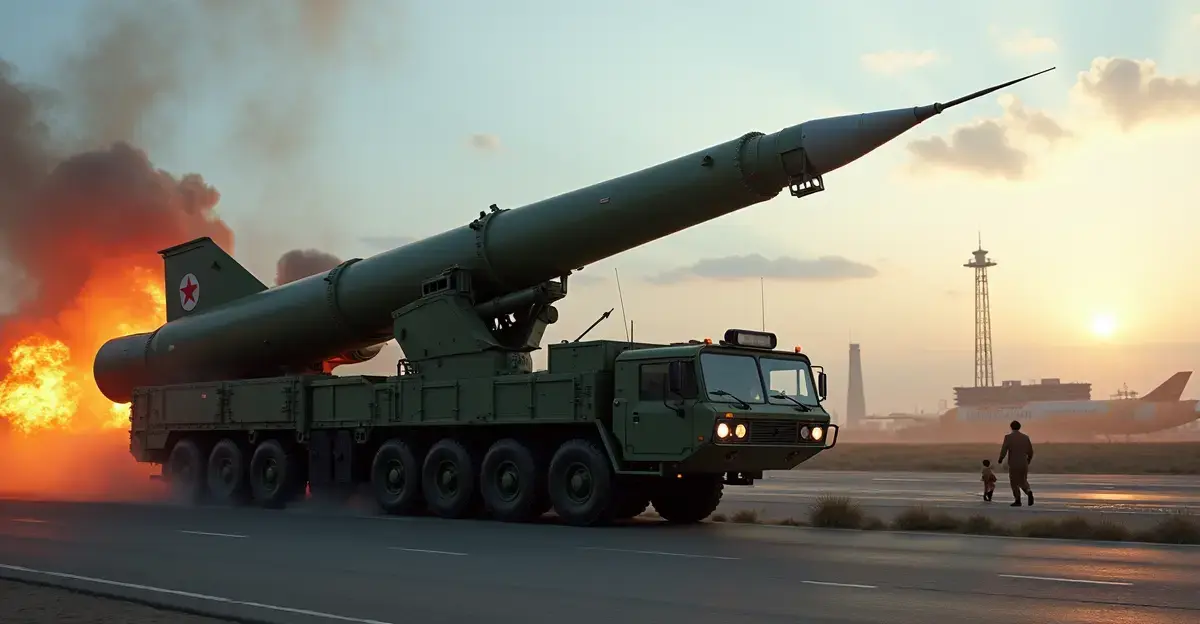US sanctions against North Korean cybercrime networks and expanded military cooperation with South Korea are escalating tensions, while China-Russia alliance strengthens, creating regional polarization in Northeast Asia.
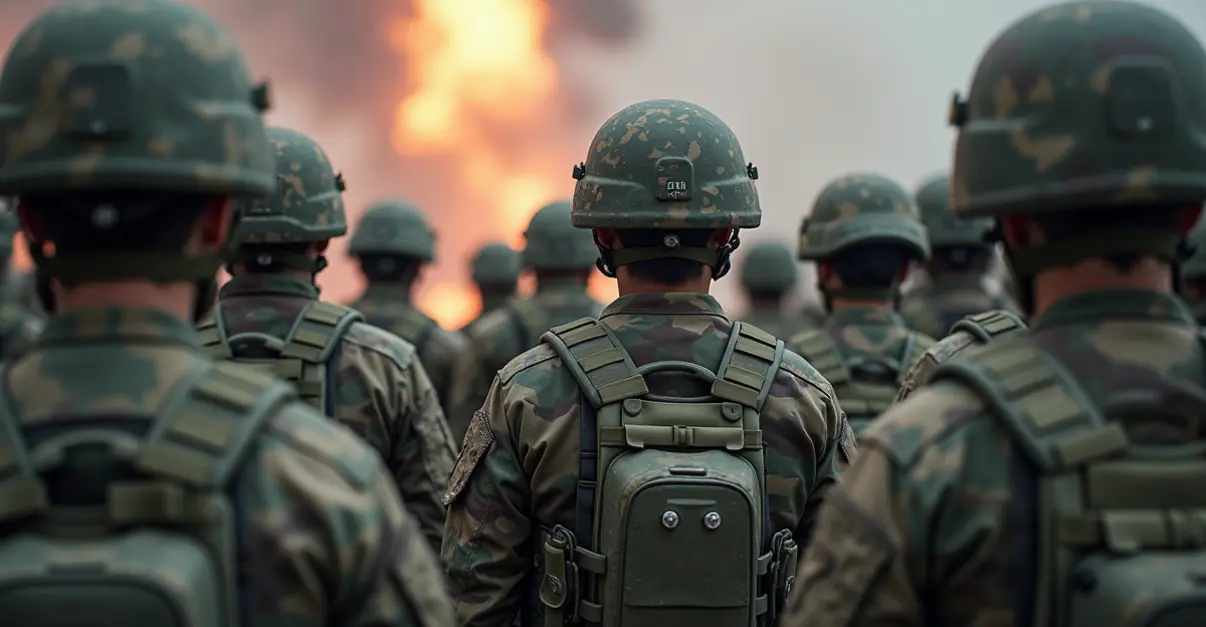
Sanctions and Diplomatic Stalemate
The United States has escalated tensions with North Korea by imposing sanctions against eight individuals and two entities allegedly involved in laundering funds from North Korean cybercrime operations. The sanctions target North Korean bankers and IT companies that have facilitated millions of dollars in illicit transactions, including cryptocurrency laundering schemes that have generated over $3 billion for Pyongyang's weapons programs in recent years.
North Korea responded through its state-run KCNA news agency, describing the sanctions as fresh evidence of Washington's 'hostile attitude' toward the regime. The statement added that 'the US should not expect any pressure, reconciliation, threats or blackmail to achieve anything' and promised a patient response. This appears to close the door on diplomatic engagement that President Trump had hinted at in recent months.
Strengthening US-South Korea Alliance
Meanwhile, the United States is deepening its military cooperation with South Korea in a significant strategic shift. President Trump recently approved South Korea's construction of a nuclear-powered submarine, marking a landmark decision that places Seoul among an exclusive group of nations with nuclear submarine capabilities. The approval came after South Korea committed to investing approximately $350 billion in US industries, including shipbuilding.
'This represents a fundamental transformation of our alliance,' said defense analyst Park Ji-young. 'South Korea is moving from being a security consumer to becoming a security provider in the region.'
Flexible Military Posture
US Defense Secretary Hegseth visited South Korea this week to discuss the future of the 28,500 American troops stationed there. While he had previously speculated about withdrawing some forces, he now emphasizes maintaining troop flexibility to better respond to regional threats. This aligns with the position of General Xavier Brunson, commander of US forces in South Korea, who has stressed the importance of strategic flexibility in an increasingly complex security environment.
'Our forces must be prepared to respond to multiple threats across the region,' General Brunson stated during recent congressional testimony. 'The strategic landscape has become more challenging with growing Chinese and Russian assertiveness.'
China-Russia Counter-Alliance
The US-South Korea military cooperation comes as China and Russia are strengthening their own strategic partnership. The two countries have conducted numerous joint military exercises in 2025, including the Maritime Interaction 2025 naval drills in the Pacific Ocean. These exercises feature anti-submarine warfare, air defense operations, and joint patrols in strategically sensitive areas.
Claus Soong, a China researcher at Germany's Merics Institute, explains that 'the military cooperation between China and Russia is increasingly moving from words to actions. Their strategic alignment aims to protect national interests globally, particularly regarding sovereignty and territorial claims in Europe and the South China Sea.' He adds that this alliance is becoming 'a destructive force for global stability.'
Regional Implications
The simultaneous strengthening of these competing alliances is creating a more polarized security environment in Northeast Asia. North Korea's rejection of diplomatic overtures from both the US and South Korea, combined with the deepening China-Russia partnership, suggests the region is heading toward a more confrontational phase.
As one regional diplomat, speaking on condition of anonymity, noted: 'We're witnessing the emergence of two distinct blocs in the region. The risk of miscalculation and escalation is higher than it's been in years.'
The situation remains fluid, with all parties carefully watching each other's next moves. The coming months will likely determine whether this polarization leads to renewed diplomatic engagement or further military posturing in one of the world's most volatile regions.

 Nederlands
Nederlands
 English
English
 Deutsch
Deutsch
 Français
Français
 Español
Español
 Português
Português





